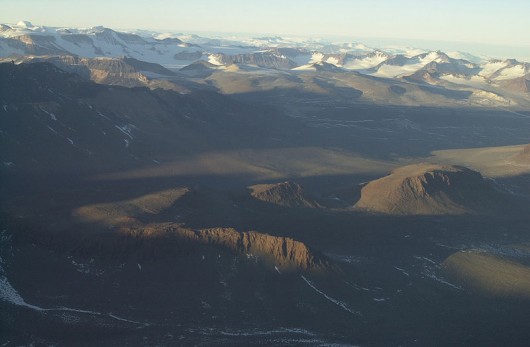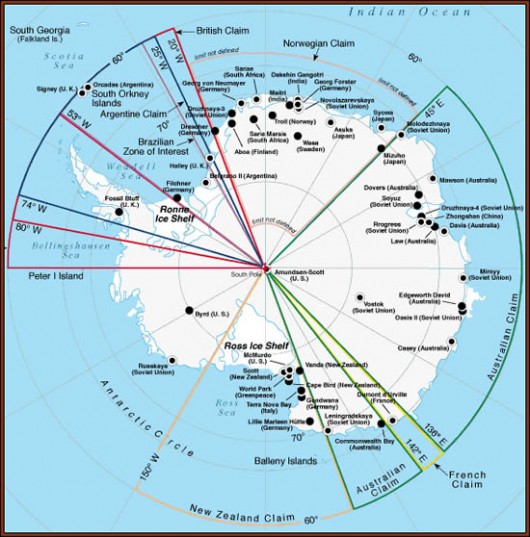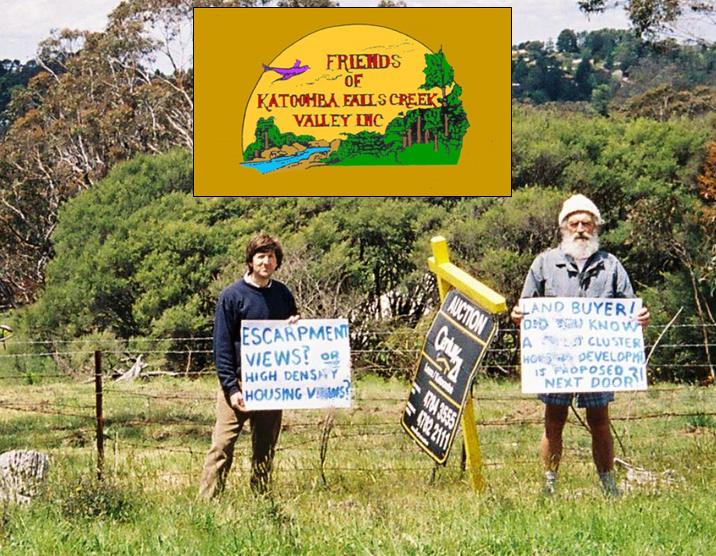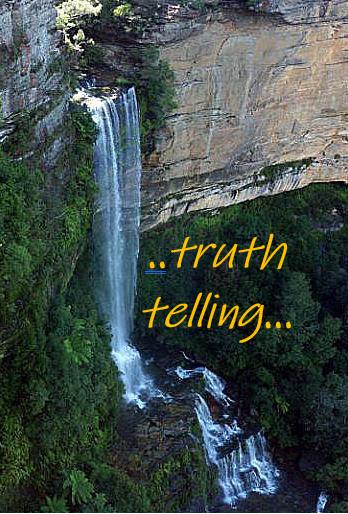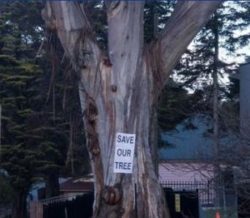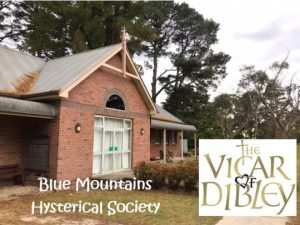Antarctica (AU)
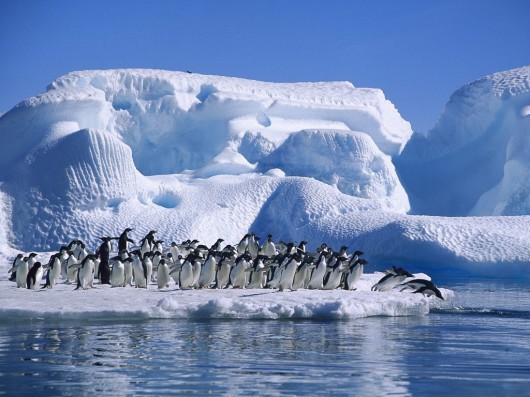 .
.
>Antarctic Habitat Campaigns
.
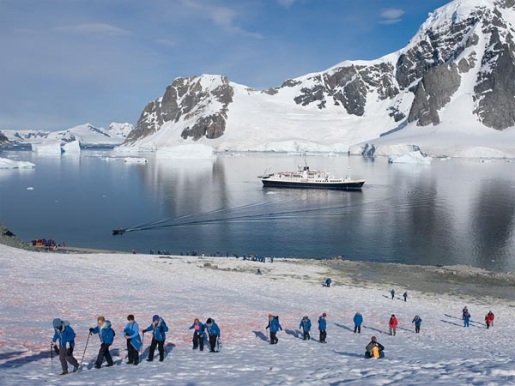 .
.
.
.
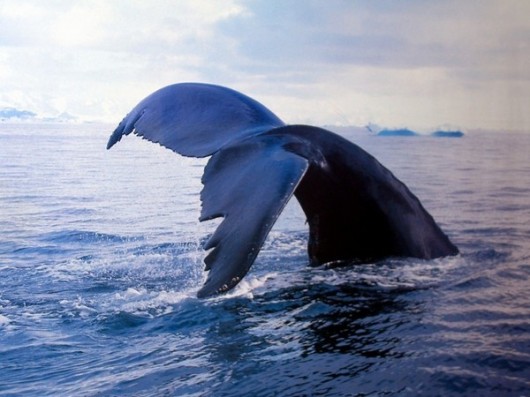 .
.
Antarctic Location Map
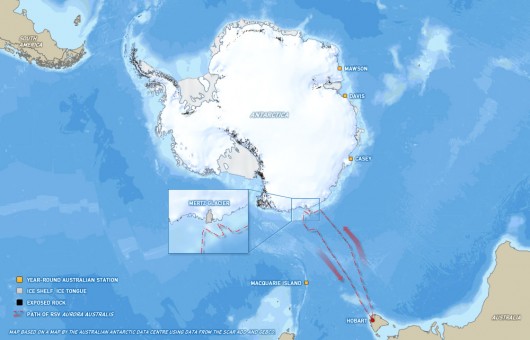 .
.
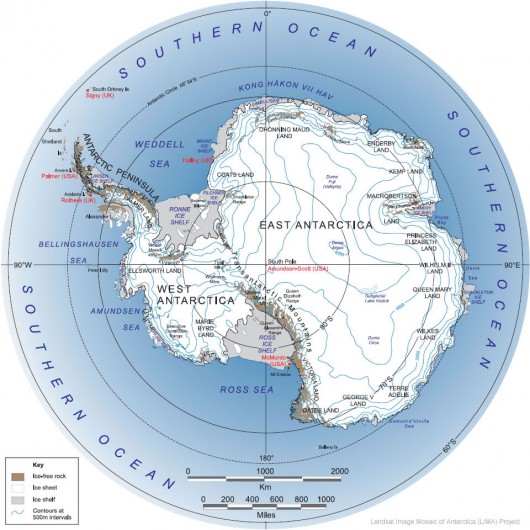 .
.
Antarctica Overview
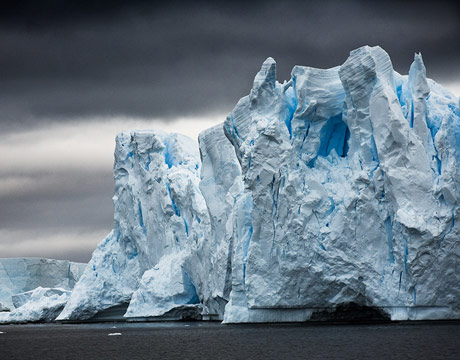 .
.
Antarctic Regions
.
Antarctic Ecology
Antarctic Wildlife
.
Habitat Threats
.
Conservation Organisations
.
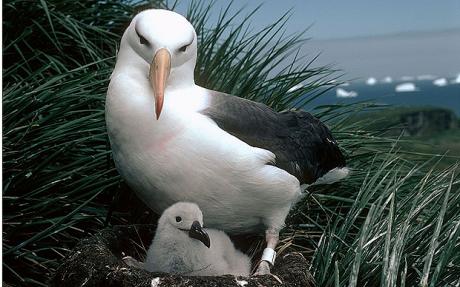 .
.
[1] ^Antarctic and Southern Ocean Coalition
About:
‘Founded in 1978, ASOC is the only non-governmental organization working full time to preserve the Antarctic continent and its surrounding Southern Ocean. A coalition of over 30 NGOs interested in Antarctic environmental protection, ASOC represents the environmental community at Antarctic governance meetings and works to promote important Antarctic conservation goals. Though Antarctica and the Southern Ocean are far away, we believe that the continent and its surrounding ocean are the natural heritage of all humankind and seek to ensure that Antarctic ecosystems – both terrestrial and penguin_and_chickmarine – remain protected and intact.
Our work takes three main forms: participating in the international treaties that govern Antarctica, advocating to achieve specific conservation goals, and raising awareness among the broader public about key terrestrial and marine environmental issues. ASOC has successfully led efforts to promote conservation of biodiversity in Antarctica and ensure adherence to environmental standards in the face of exploitation pressures from fishing, mining and tourism companies. As an official observer to the Antarctic Treaty System, we closely monitor the activities of nations with a presence in the Antarctic.
ASOC monitors all issues that impact the Antarctic, including climate change, tourism, fisheries management, biological prospecting and pirate fishing. Present campaigns include negotiation of a legally-binding Polar Code regulating all vessels operating in the Antarctic; establishing a representative network of marine reserves by 2012, including Marine Protected Area status for the Ross Sea; managing Southern Ocean Fisheries sustainably, including krill – the base of the Antarctic food web; regulating Antarctic tourism and biological prospecting; strengthening the Southern Ocean Whale Sanctuary; and monitoring implementation of the Environment Protocol to the Antarctic Treaty.
ASOC employs campaigners all over the world who are experts on Antarctic environmental issues and who work closely with the countries who have a major presence in the Antarctic. ASOC also raises public awareness through this website, our blog, The Antarctica Blog, media releases and campaign advocacy.
Antarctica is the world’s most extreme continent – the coldest, driest, and windiest – yet is the home or feeding grounds for millions of penguins, whales, and seals. Its breathtaking scenery often renders visitors speechless. It is the “last continent,” that is, the only remaining continent without a significant human presence or widespread impact on the environment. We urge you to learn more about this unique place and how you can help us ensure that the Antarctic and its magnificent species receive the highest level of environmental protection possible.’
.
[2] ^Sea Shepherd
.
[3] ^Australian Conservation Foundation, Read about ^’Mining Prevented in Antarctica’
.
[4] ^PEW Environment Group, ^http://www.pewenvironment.org, Read about: ‘Antarctic Krill Conservation Project’ ^http://www.pewenvironment.org/campaigns/antarctic-krill-conservation-project/id/62081/
‘The mission of the Pew Environment Group, the conservation arm of The Pew Charitable Trusts, is to help meet what we view as one of the seminal challenges of our time: saving the natural environment and protecting the rich array of life it supports. Our aim is to strengthen environmental policies and practices in ways that produce significant and measurable protection for terrestrial and marine systems worldwide. In doing so, we work to advance scientific understanding of the causes and consequences of environmental problems, design innovative policy solutions to these problems and mobilize public support for their implementation.’
‘We work globally to establish pragmatic, science-based policies that protect our oceans, preserve our wildlands and promote the clean energy economy.’
.
[5] ^Convention on the Conservation of Antarctic Marine Living Resources
.
[6] ^New Zealand Antarctic Heritage Trust
‘The Antarctic Heritage Trust is registered as a charitable entity under the Charities Act 2005 (CC24071) and governed by a board of trustees. It includes a number of senior Government representatives from Britain, United States and New Zealand, heritage and polar agencies and independent trustees chosen for their relevant skills, experience and perspective.’
.
[7] World Wildlife Fund, Read About: ‘Antarctica and the Southern Ocean ^http://www.wwf.org.au/our_work/saving_the_natural_world/oceans_and_marine/priority_ocean_places/antarctica_and_southern_ocean/
.
[8] ^The Last Ocean (Ross Sea, Antarctica), ^http://www.lastocean.org/, website based New Zealand.
‘The Ross Sea is the most pristine marine ecosystem on earth. Unlike most of the world’s oceans it has remained free from widespread pollution, invasive species, mining and overfishing. The Ross Sea is the most productive stretch of water in the Southern Ocean and home to high concentrations of wildlife and an incredible array of animals, many found nowhere else on the planet. It is teeming with large predatory fish, whales, seals, penguins and other animals that collectively comprise the last intact marine ecosystem on Earth. As such, the Ross Sea is a living laboratory providing scientists with the last chance to understand how a healthy marine ecosystem functions.’
‘The Last Ocean was started in 2004 to promote the establishment of a marine protected area (MPA) in order to conserve the pristine qualities of the Ross Sea, Antarctica. In August 2009, the Last Ocean Charitable Trust was created as an extension of this project, specifically to raise awareness of the Ross Sea within New Zealand. The Trust is based in Christchurch, New Zealand’s gateway to Antarctica. The Last Ocean has joined scientists and environmental groups from all over the world in a campaign to have the entire Ross Sea designated as an MPA. We aim to raise enough public and political support to swing CCAMLR member nations, starting with New Zealand, from a position of supporting fishing to supporting full protection of the Ross Sea.’
.
[9] Antarctic Ocean Alliance, ^http://antarcticocean.org/
‘The oceans around Antarctica are the only oceans on this earth still relatively untouched by human activity. They are home to almost 10,000 unique and diverse species, many of which cannot be found anywhere else on the planet. But today the Antarctic waters are under threat. You can help us to ensure Antarctic Ocean habitats and wildlife are protected from human interference.
‘The Antarctic Ocean Alliance (AOA) is a coalition of leading environmental and conservation organisations working to establish a network of designated, no-take marine reserves and marine protected areas in the Antarctic. This will be the most comprehensive regime of its kind on the planet. With such a network in place, key Antarctic ocean habitats and wildlife would be protected from human interference.’
.
[10] International Polar Foundation ^http://www.polarfoundation.org/
‘The International Polar Foundation communicates and educates on polar science and polar research as a way to understand key environmental and climate mechanisms. The IPF also promotes innovative and multifaceted responses to the complex challenges raised by the need for action on sustainable development.’
.
.
Habitat Resources
.
01. Policies
.
[1] >Antarctic Treaty.
[2] ^Macquarie Island World Heritage Listing.
02 Strategies
.
03 Assessments and Reviews
.
04 Plans
.
05 Reports
.
06 Further Reading
.
[1] Heard and MacDonald Islands, UNESCO, ^http://whc.unesco.org/en/list/577
.
[2] ‘Status of Antarctic Specially Protected Area and Antarctic Specially Managed Area Management Plans‘, (Updated 2009), ^http://www.ats.aq/documents/cep/Register_Updated_2009_e.pdf [>Read Document (PDF, 209kb)]
.
[3] Australian Antarctic Division, Australian Government, ^http://www.antarctica.gov.au/
.
[4] Richard Jackson Wildlife Photography © – Antarctica, ^http://www.soulcatchingimages.com/sub/photo_type.asp?TYP_ID=29
.
